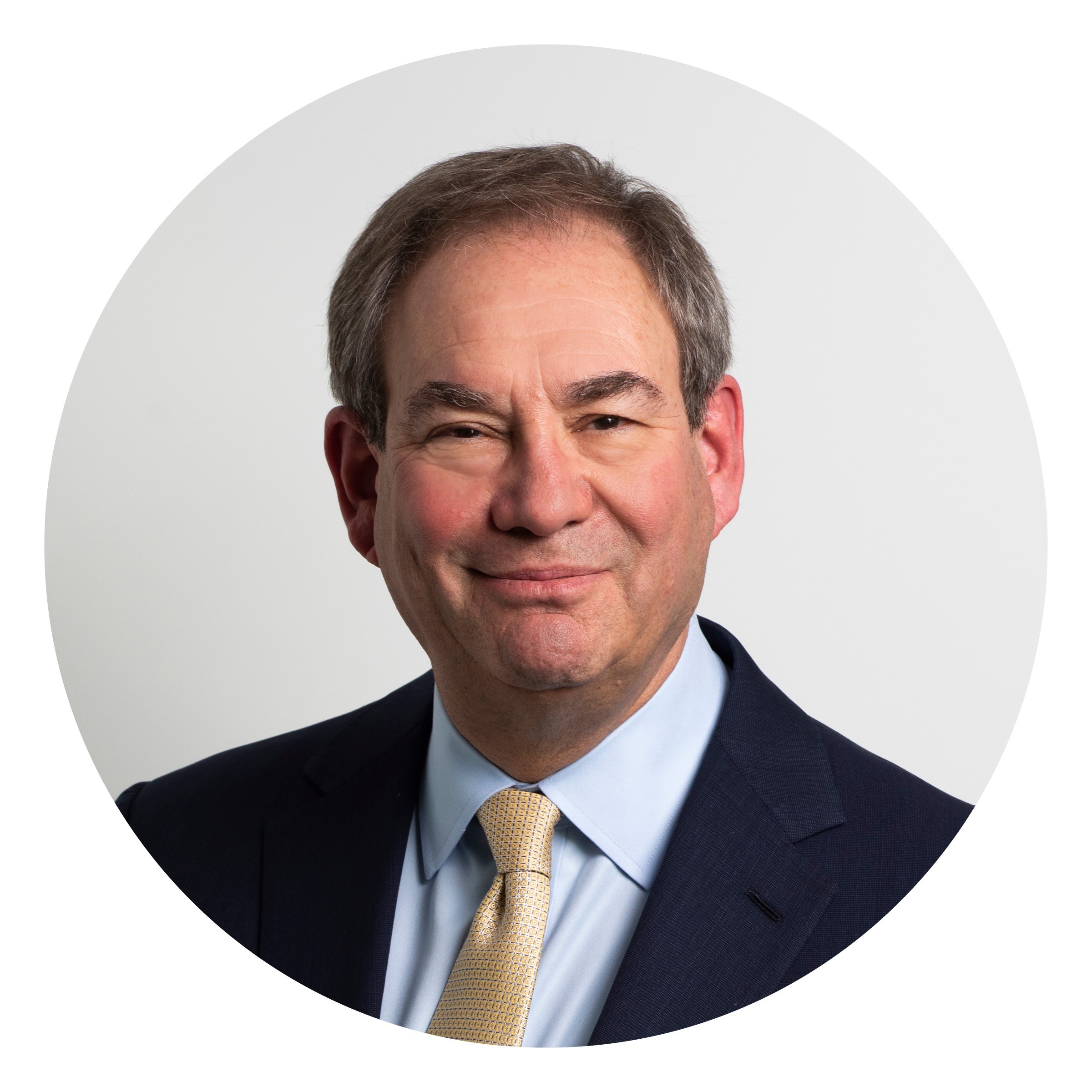“I’m at my best and happiest when I’m helping others.”
Dr. Evelyn Granieri is unique and so are her patients. They are our parents, relatives, friends and eventually, ourselves. “In my practice, young is anybody under 85 years old. Most of my patients are old and frail, with a life expectancy of a year or two. These are patients that by and large the system doesn’t like to take care of.”
Dr. Granieri is a Geriatrician.
In a typical family medicine practice a patient is usually in and out of an examination room in ten minutes, but geriatrics takes internal medicine a step further, requiring doctors to have a wider area of expertise. By the time most people are past age 75, they’re often suffering from a few chronic conditions, and need to spend more time with their doctors. “These folks can’t have ten minutes — they need longer,” said Dr. Granieri. The challenge facing geriatricians is that they must understand how these conditions interact with each other and how differently they manifest in a patient at 80 as opposed to 60 years of age.
My father died nearly ten years ago, and I was always concerned about the type of medical treatment he received, as he wasn’t fortunate enough to see someone like Dr. Granieri. There are approximately 300 fellowships a year for geriatrics and fewer than half get filled, so that means there are only 150 geriatricians entering the medical profession each year, and many of them do not continue specializing in the practice.
“Unfortunately, we are losing more geriatricians to retirement than we are gaining. There are fewer geriatricians in the United States today than there were in 1992,” said Dr. Granieri. This is distressing news considering how much we need these doctors now and how much more we will need them in the future as people live longer. Despite their importance of caring for the elderly, geriatricians are among the lowest paid doctors in the medical profession.
“I want to make sure my patients final years are spent as optimally as possible.”
Like taxes, death is inevitable, but how long we live depends on many factors, and Dr. Granieri named three of them that she considers crucial:
· Luck
· Genetics
· Lifestyle
As a Type 2 diabetic, I write and speak regularly about living a healthy lifestyle, based on diet and exercise, and as a country we are doing too little too late. Dr. Granieri believes that we are not addressing prevention soon enough and that must be changed. “Discussion about nutrition and lifestyle should start in grade school,” she said.
As people live longer we must confront issues like dementia and try to be proactive rather than reactive. Today a person at age 85 has a fifty percent chance of suffering from some type of dementia. Congress could increase Medicare reimbursement rates to help geriatricians earn more money (and they should), but the problem is far more wide-ranging. Better care for the elderly is too often ignored and people need to embrace this cause with a passion equal to Dr. Granieri’s.
In my father’s final years, I arranged for him to live one floor above me in our Manhattan apartment building. In retrospect, I should have spent more time with him and been more helpful, so that his final years could have better than they were.
I’d want the same from my children, as would any of us.


